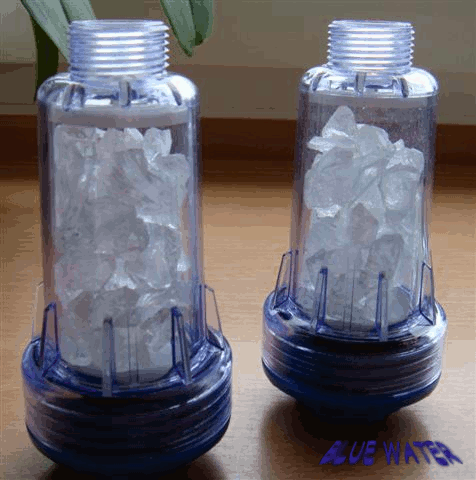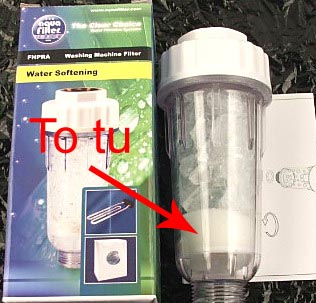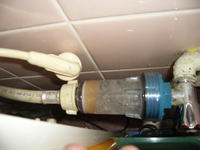filters for washing machines and dishwashers with a bed of removable sodium polyphosphate.
Is it worth using such filters?
(It looks like this:

Is there any sense in using filters in the dishwasher, since it softens the water itself?
Will using the washing machine have a positive effect on washing results and the possibility of using less detergent? Will such a small in-line filter with only 100 g of active substance really give a noticeable effect?
I have hard water (kettle in stone all the time).
Attachment corrected!
Is it worth using such filters?
(It looks like this:

Is there any sense in using filters in the dishwasher, since it softens the water itself?
Will using the washing machine have a positive effect on washing results and the possibility of using less detergent? Will such a small in-line filter with only 100 g of active substance really give a noticeable effect?
I have hard water (kettle in stone all the time).
Attachment corrected!





